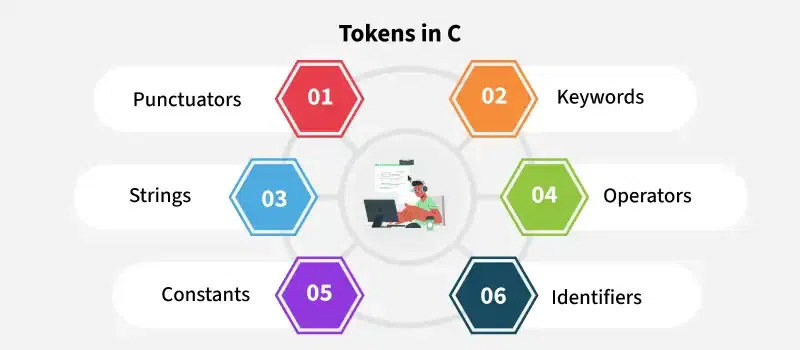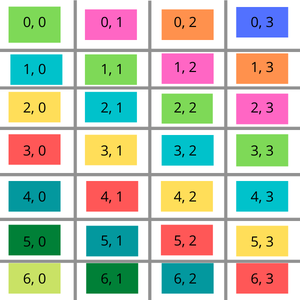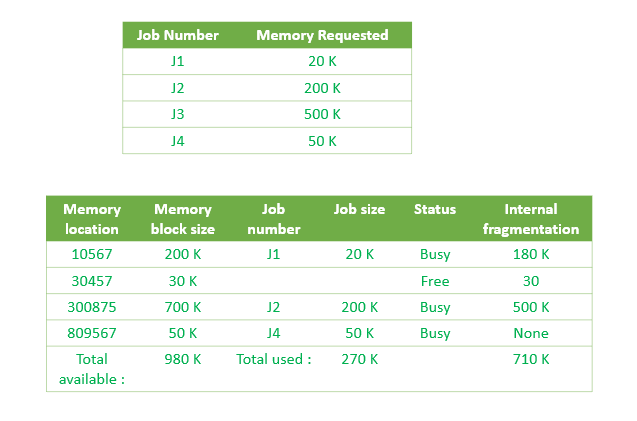
C Tokens Explained: Your Guide to the Building Blocks of C Programs (Updated 2025)
Are you learning C programming and feeling lost in the syntax? Understanding tokens is the key! This article breaks down C tokens, the fundamental building blocks of any C program, into easy-to-understand concepts. Learn about the different types of tokens, their functions, and how they work together to create functional code.
What are Tokens in C?
In C programming, tokens are the smallest individual units that the compiler recognizes and processes. Think of them as the words in a sentence – each token has a specific meaning and role in forming a valid C program.
- Tokens are essential for the C compiler to understand your instructions.
- They form the base for creating expressions and statements.
- Recognizing tokens helps you write error-free and efficient code.
6 Types of Tokens in C Explained
C tokens are broadly classified into six categories based on their function and purpose. Let us explore each token with examples.

1. Punctuators: Special Symbols with Specific Meanings
Punctuators are special symbols that perform specific organizational or syntactical tasks within your C code. Keep in mind that Punctuators can't be used for any other purpose.
- Brackets
[]: Used for array element references, specifying single and multi-dimensional subscripts. - Parentheses
(): Indicate function calls and enclose function parameters. - Braces
{}: Mark the beginning and end of code blocks containing multiple executable statements. - Comma
,: Separates multiple statements, like parameters in a function call. - Colon
:: Used within switch statements and in initialization lists. - Semicolon
;: Acts as a statement terminator, marking the end of a logical instruction. - Asterisk
*: Creates pointer variables and performs multiplication operations. - Assignment operator
=: Assigns values to variables and performs logical comparisons. - Pre-processor
#: Directs the preprocessor to transform code before compilation. - Period
.: Accesses members of structures or unions. - Tilde
~: Performs a bitwise one's complement operation.
Example:
Output:
Hello, World!
2. Keywords: Reserved Words with Predefined Functions
Keywords are reserved words with special, predefined meanings in the C language. These words cannot be used as identifiers (variable names, function names, etc.). They define the structure and behavior of your C Programs.
- Keywords cannot be redefined or used for any other purpose.
- C language has had its keywords updated to 54 in the recent c23 update.
Example:
Output:
5
3. Strings: Arrays of Characters
Strings are arrays of characters terminated by a null character (\0). This null character signals the end of the string. Strings are enclosed with double quotes "", while individual characters use single quotes ''.
- Strings are used to store and manipulate text.
- The null terminator is crucial for functions to identify the string's end.
Example:
Output:
Hello, World!
4. Operators: Symbols That Trigger Actions
Operators are symbols that perform operations on variables and other objects. The values on which operators act are called operands.
Operators are classified based on the number of operands they require.
- Unary: Act on a single operand (e.g., increment
++, decrement--). - Binary: Act on two operands (e.g., addition
+, subtraction-). - Ternary: Act on three operands (conditional operator
? :).
Binary operators can be further categorized as:
- Arithmetic operators
- Relational Operators
- Logical Operators
- Assignment Operators
- Bitwise Operator
Example:
Output:
15
5. Identifiers: User-Defined Names
Identifiers are names given to variables, functions, arrays, and other user-defined elements. Identifiers must start with a letter (a-z, A-Z) or an underscore _, followed by letters, digits (0-9), or underscores. Identifiers are case Sensitive.
- Descriptive identifiers make code more readable.
- Avoid using keywords as identifiers.
Example:
Output:
10
6. Constants: Fixed Values
Constants are fixed values that cannot be changed during program execution. They can be integers, floating-point numbers, characters, or strings.
- Constants ensure that certain values remain unchanged.
- Using
constimproves code reliability.
Example:
Output:
100
Master C Tokens for Better Programming
Understanding tokens is fundamental to mastering C programming. By understanding these basic building blocks, you will find writing, debugging, and maintaining C code much easier. Keep practicing, and soon you will be fluent in the language of C tokens!














